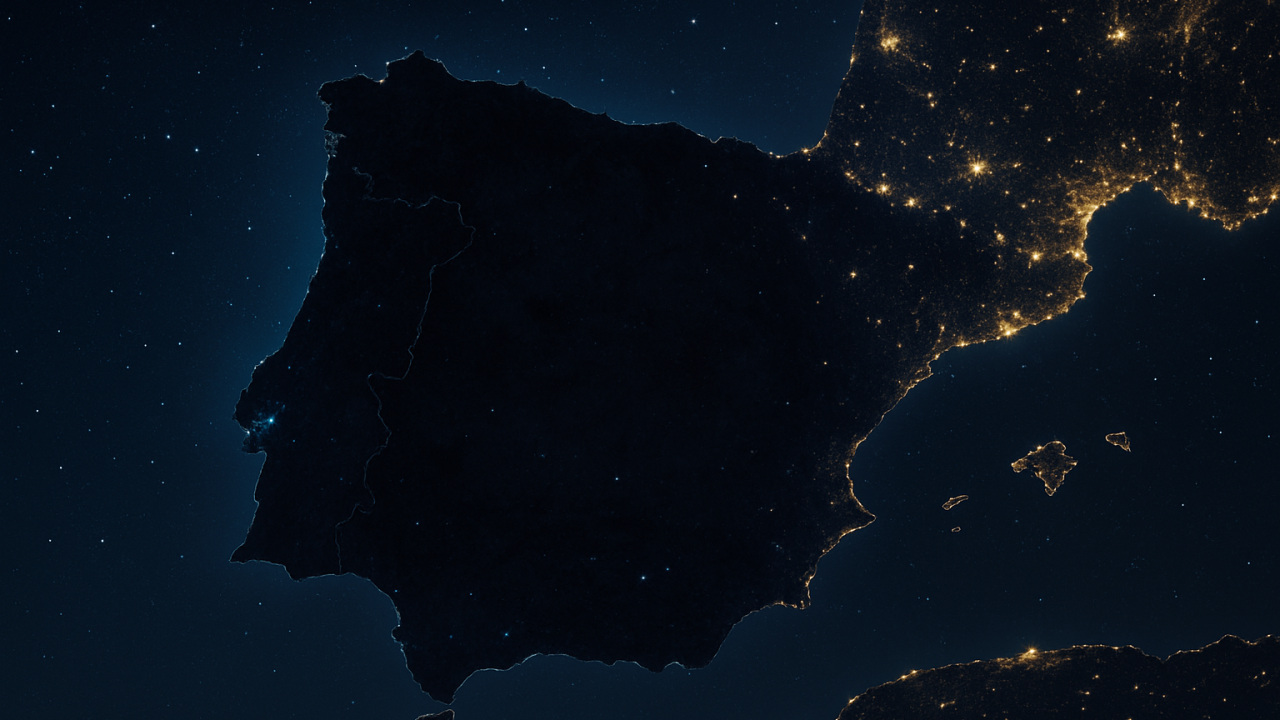The Weekly Reflektion 34/2025
Resilience is the ability of a system, organisation, or individual to anticipate, adapt to and recover from disruptions and unexpected situations. Some of these situations may be unpredictable and these are sometimes referred to as ‘Black Swan’ events, inspired by the author of the book by this name, Nassim Nicholas Taleb. Most situations are predictable, but measures are not in place as the likelihood is considered so low. As society develops these ‘unexpected situations’ and their consequences may change. What was considered resilient yesterday may not be sufficient today and could be woefully inadequate tomorrow.

How resilient are your systems
On Monday, 28 April 2025, a major power failure occurred across the Iberian Peninsula where electric power was interrupted for about ten hours in most of Spain and Portugal, and 16 hours in some areas.
The European Network of Transmission System Operators for Electricity (ENTSO-e) investigated the power failure. There were two periods of power and frequency oscillations the first between 12:03 and 12:07 and the second between 12:16 and 12:22. At 12:33, a voltage increase was observed in Spain, which caused a similar rise in Portugal. The overvoltage triggered a cascade of generation losses that caused a drop in the frequency of the Iberian Peninsula’s electrical system. Remedial measures were activated but could not prevent the collapse of the Iberian electrical system. Overhead lines between France and Spain, that supplied Spain with power, were disconnected by protection devices against loss of synchronism resulting in a collapse of the Spanish and Portuguese electrical systems. An investigation by the Spanish electrical operator Red Eléctrica de España (REE) concluded there were insufficient thermal power stations available to provide the necessary capacitance for the power variations. The key factor here is that nuclear power provides a constant base supply, wind and solar power supply is dependent on local weather conditions and thermal power stations manage the main load variations.
The blackout served as a stark reminder that resilience is no longer a luxury, it is a necessity. In today’s digital age, systems are more interdependent than ever before. A single point of failure, whether it’s a cyberattack, a weather event, or a technical fault, can cascade across networks and borders. What happens in one part of a grid can bring entire regions to a standstill, as the Iberian outage demonstrated. And when systems are not built with resilience in mind, recovery is slow, costly, and can have significant unwanted consequences.
Resilience is not just about bouncing back. It’s about anticipating disruption, absorbing shocks, and adapting in real time. It means designing energy grids with redundancies. It means ensuring hospitals have reliable backup power. It means equipping communities with the tools to respond swiftly when there is a major deviation from the norm.
The Iberian Peninsula power failure triggered important conversations. Are our energy networks robust enough? Can we better isolate faults to prevent wide-scale outages? How do we maintain trust when systems fail? Have we constructed scenarios for failure and assessed the remedial measures required to prevent these and handle the consequences? Are we training essential people on how to respond to and recover from major power failures? Are we advising and preparing the public for how they should cope?
Resilient systems don’t eliminate risk, they acknowledge it. They don’t promise perfection; they prepare for imperfection. And in a world facing climate volatility, digital threats, and increasing demand for uninterrupted services, resilience is a key factor for security, continuity, and confidence.
